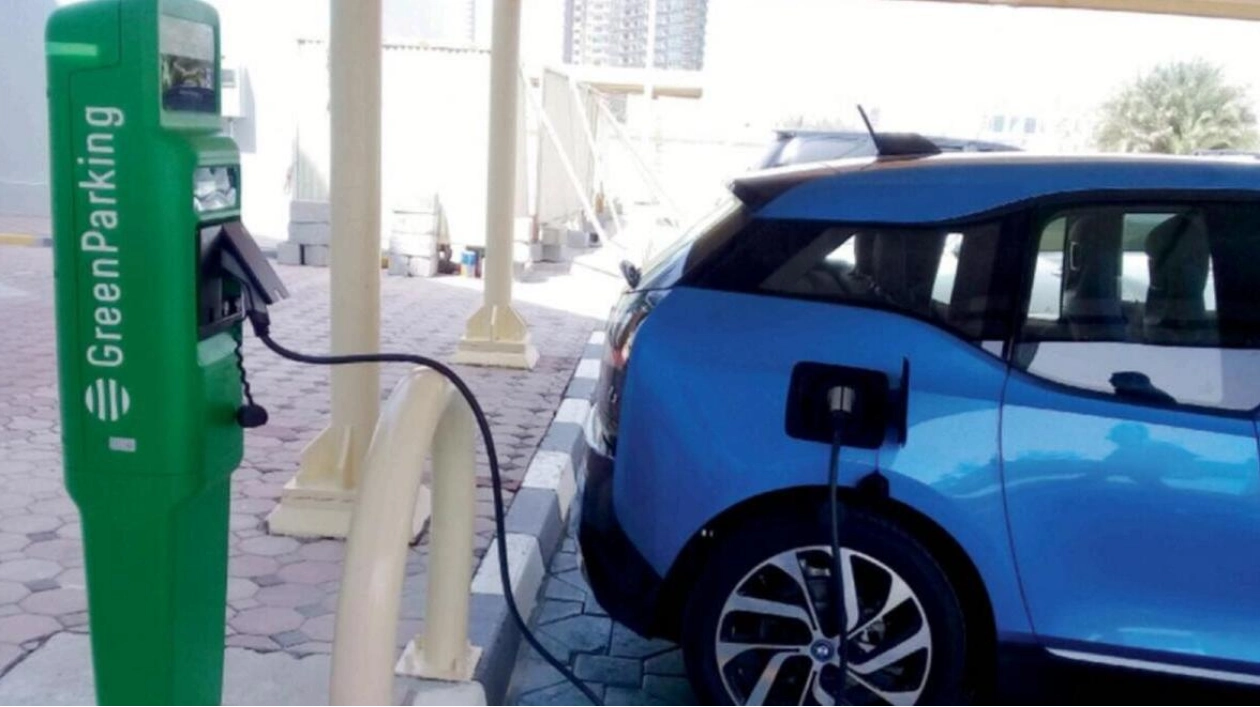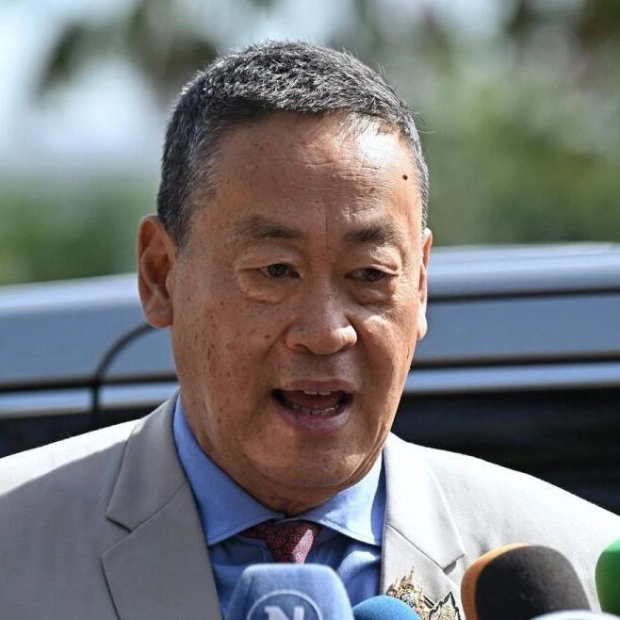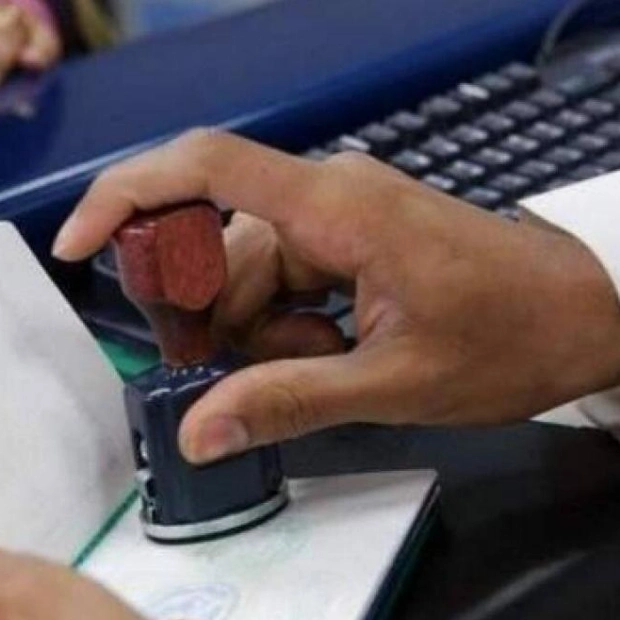Electric vehicle owners in the UAE are gearing up to pay additional hundreds of dirhams monthly due to the recent introduction of a standardized pricing structure for EV charging. This new structure, however, is also expected to enhance the availability of charging points nationwide, thereby alleviating congestion at high-speed chargers. This development follows the UAE Cabinet's decision to implement a new fee framework for EV charging services in public areas. According to the new rates, express charging will cost a minimum of Dh1.20 + VAT per kWh, while slow charging will be Dh0.70 + VAT per kWh. Presently, the pricing at charging stations varies significantly, with some services even offered for free. Meanwhile, UAE residents are inquiring whether these fees will apply to private charging facilities, such as Tesla's complimentary supercharging service. Although the specific implementation details and timing of the new fees are yet to be clarified, the cabinet's resolution indicates that they will become effective 60 days after being published in the Official Gazette, potentially starting on September 6.
This new pricing structure is anticipated to not only shorten waiting times at crowded charging stations but also promote the use of renewable energy as a viable alternative. UAE national Huda Al Hashmi commented, "The new fee structure aims to standardize the cost of charging EVs across public charging stations. However, it remains unclear whether this will apply to Tesla chargers." Other EV owners note that Tesla owners can readily access numerous charging stations located in shopping malls. Many automakers, including Tesla, provide free charging incentives with their EVs. A Volkswagen ID.4 owner highlighted the challenges of charging, especially on less powerful chargers, and expressed relief at the new move.
Since June 1, 2023, the cost of charging electric vehicles at public stations has been 38 fils per kWh + fuel surcharge per kWh + VAT for both commercial and non-commercial EV Green Charger registered users. Palestinian resident Sajida Alam believes that while the impact on all users remains to be seen, the unification of charging fees is a clear effort to standardize prices. She noted that existing users might see a slight increase in monthly expenses but found the current rates reasonable compared to fossil fuels.
Dubai offers green parking spaces in collaboration with Dewa, allowing both registered and guest users to charge their EVs by scanning a QR code at Dewa Green charger stations. For registered users, payments can be made through the Dewa billing system. Tesla user Vyomika Agarwal discussed the challenges of finding available superchargers, especially with the increase in taxi Teslas. She also explained that a supercharger can fully charge her Tesla in about 45 minutes, and she often uses a home charging station due to frequent unavailability at malls.
Residents with electric vehicles enjoy advantages such as free parking slots at the airport. Vyomika mentioned her surprise at finding Dewa chargers near valet parking at the airport and plans to use them in future visits. Additionally, some residents find innovative places to charge their vehicles, such as hotels. Chand Guria, who owns a Model Y Tesla, recounted charging his vehicle at a hotel in Abu Dhabi when his battery was low.






